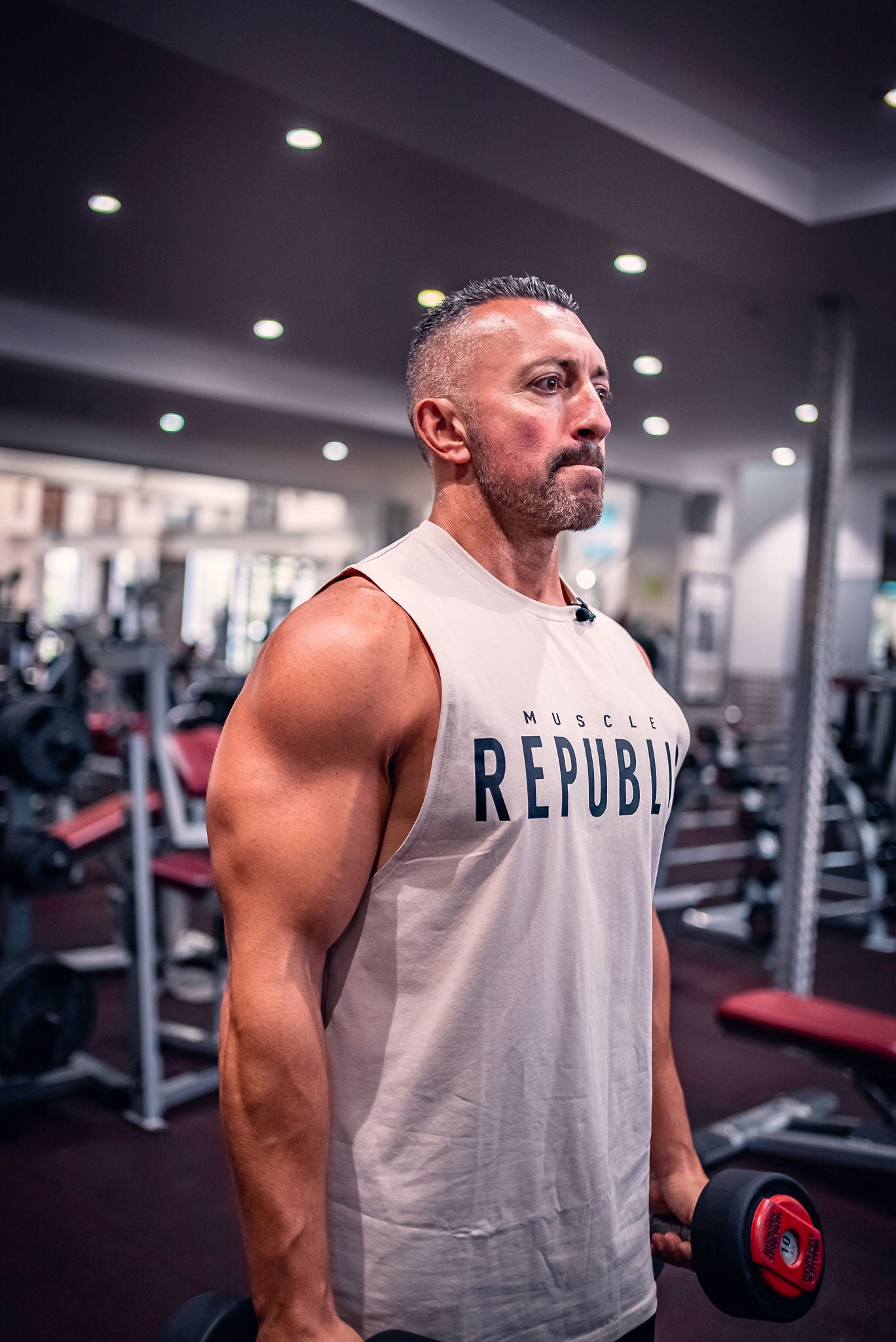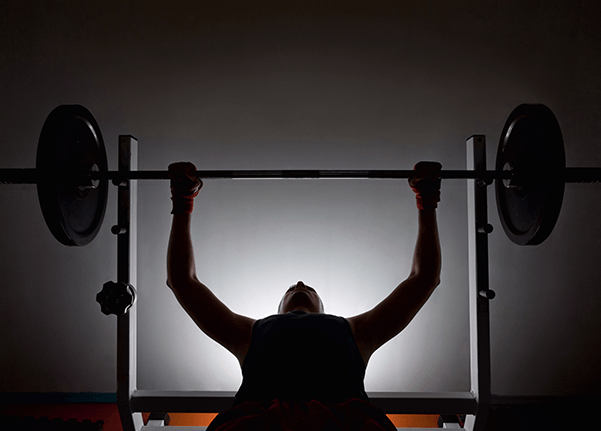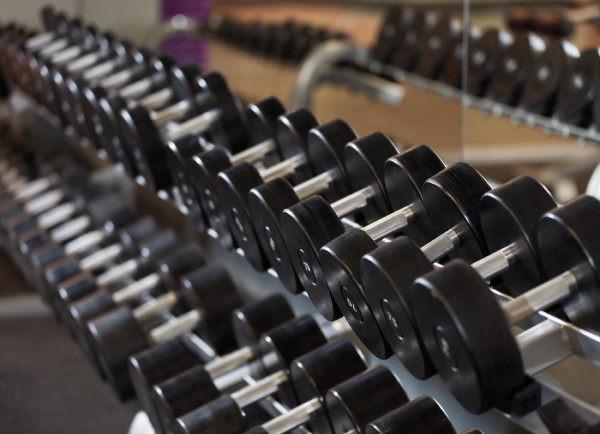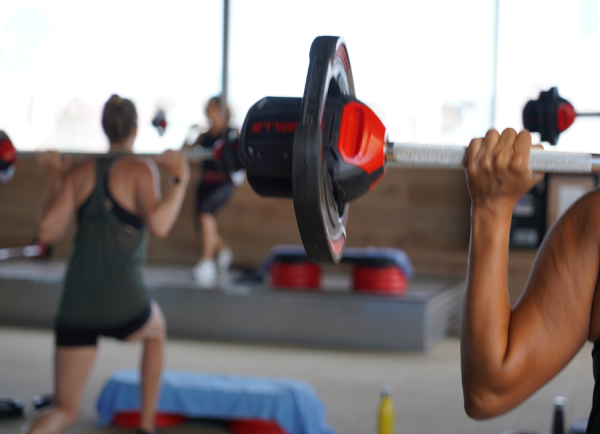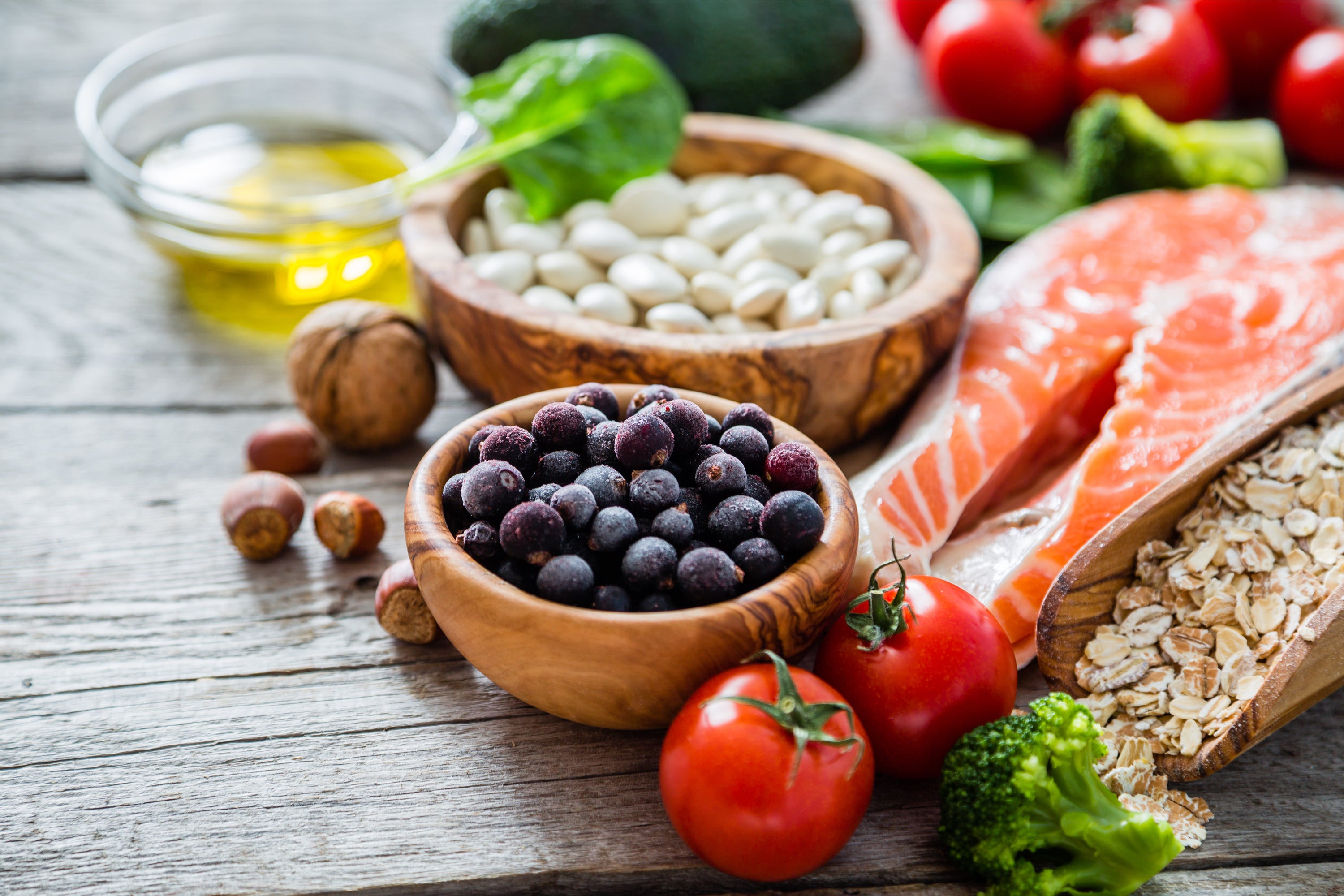
3 nutrition hacks you need to build muscle
Many of us join the gym for the same reasons. We want to lean up, build muscle and be an overall better functioning human being. Unfortunately, sticking to your training regime alone won’t give you the results you deserve. A proper diet which compliments your fitness goals is vital to maximise progress.
Without adequate nutrition, not only does your body lack the fuel it needs to push through a tough workout, it is unable to effectively recover and grow after each session. Keep reading to learn 3 nutrition hacks deemed essential for building muscle.
EAT ENOUGH KILOJOULES
First and foremost, you need to make sure you are consuming enough kilojoules to optimise muscle growth. Eating enough kilojoules is important to give your body the energy it needs to repair and build muscle. Your kilojoule intake depends on a variety of factors such as age, gender, resting metabolic rate and current training load. It is important to cater your macronutrient ratio around your training goals. The human body requires three macronutrients: carbohydrates, protein and fats. If your priority is building muscle, a general recommendation is to eat a diet containing 40-60% carbohydrates, 25-35% protein and 15-25% fat. A higher carbohydrate to protein ratio is recommended while building muscle to replenish muscle glycogen, the body’s primary fuel source.
TIME YOUR MEALS AROUND TRAINING
Once you have worked out your optimal kilojoule intake, the next thing to do is tailor the timing of your meals around your workouts. Adequately Fuelling before training helps to prevent muscle glycogen depletion and reduces muscle protein breakdown.
More importantly, eating prior to training gives your body the energy it needs to help you push past your training comfort zone, thereby facilitating muscle growth. Pre workout nutrition doesn’t need to be complicated. As a rule of thumb, you should aim to consume your pre workout meal between thirty minutes and two hours before you train.
Likewise, fuelling your body correctly after training provides your body with essential nutrients needed for growth and repair. Specifically, an adequate post-workout meal increases protein synthesis, reduces muscle protein breakdown, replenishes muscle glycogen stores and reduces muscle soreness and fatigue. Ideally, this meal should be consumed within two hours post training.
EMBRACE CARBOHYDRATES
Consuming carbohydrates while trying to build muscle is vital to maximise muscle growth. However not all carbohydrates are created equal. Carbohydrates can be categorised into simple or complex carbohydrates. Simple carbohydrates are those which are easier for the body to break down and utilise for energy. Examples include white bread and white rice.
In comparison, complex carbohydrates such as legumes and sweet potato take longer for the body to break down. Complex carbohydrates are also an excellent source of fuel pre workout. This is because they are slowly released into the blood stream, giving your body a sustained supply of energy throughout your workout.
In comparison, simple carbohydrates are good to have immediately post workout. This is because they are instantly absorbed into the bloodstream, thereby rapidly replenishing depleted glycogen stores and helping you recover more efficiently.
If you enjoyed this article, please subscribe to our emailing list to receive more inspirational and educational content. Also, if you haven’t already, please follow us on Instagram, Facebook and YouTube.
Without adequate nutrition, not only does your body lack the fuel it needs to push through a tough workout, it is unable to effectively recover and grow after each session. Keep reading to learn 3 nutrition hacks deemed essential for building muscle.
EAT ENOUGH KILOJOULES
First and foremost, you need to make sure you are consuming enough kilojoules to optimise muscle growth. Eating enough kilojoules is important to give your body the energy it needs to repair and build muscle. Your kilojoule intake depends on a variety of factors such as age, gender, resting metabolic rate and current training load. It is important to cater your macronutrient ratio around your training goals. The human body requires three macronutrients: carbohydrates, protein and fats. If your priority is building muscle, a general recommendation is to eat a diet containing 40-60% carbohydrates, 25-35% protein and 15-25% fat. A higher carbohydrate to protein ratio is recommended while building muscle to replenish muscle glycogen, the body’s primary fuel source.
TIME YOUR MEALS AROUND TRAINING
Once you have worked out your optimal kilojoule intake, the next thing to do is tailor the timing of your meals around your workouts. Adequately Fuelling before training helps to prevent muscle glycogen depletion and reduces muscle protein breakdown.
More importantly, eating prior to training gives your body the energy it needs to help you push past your training comfort zone, thereby facilitating muscle growth. Pre workout nutrition doesn’t need to be complicated. As a rule of thumb, you should aim to consume your pre workout meal between thirty minutes and two hours before you train.
Likewise, fuelling your body correctly after training provides your body with essential nutrients needed for growth and repair. Specifically, an adequate post-workout meal increases protein synthesis, reduces muscle protein breakdown, replenishes muscle glycogen stores and reduces muscle soreness and fatigue. Ideally, this meal should be consumed within two hours post training.
EMBRACE CARBOHYDRATES
Consuming carbohydrates while trying to build muscle is vital to maximise muscle growth. However not all carbohydrates are created equal. Carbohydrates can be categorised into simple or complex carbohydrates. Simple carbohydrates are those which are easier for the body to break down and utilise for energy. Examples include white bread and white rice.
In comparison, complex carbohydrates such as legumes and sweet potato take longer for the body to break down. Complex carbohydrates are also an excellent source of fuel pre workout. This is because they are slowly released into the blood stream, giving your body a sustained supply of energy throughout your workout.
In comparison, simple carbohydrates are good to have immediately post workout. This is because they are instantly absorbed into the bloodstream, thereby rapidly replenishing depleted glycogen stores and helping you recover more efficiently.
If you enjoyed this article, please subscribe to our emailing list to receive more inspirational and educational content. Also, if you haven’t already, please follow us on Instagram, Facebook and YouTube.
Tags:
Previous post
Read this to eliminate back pain during core training
Next post


